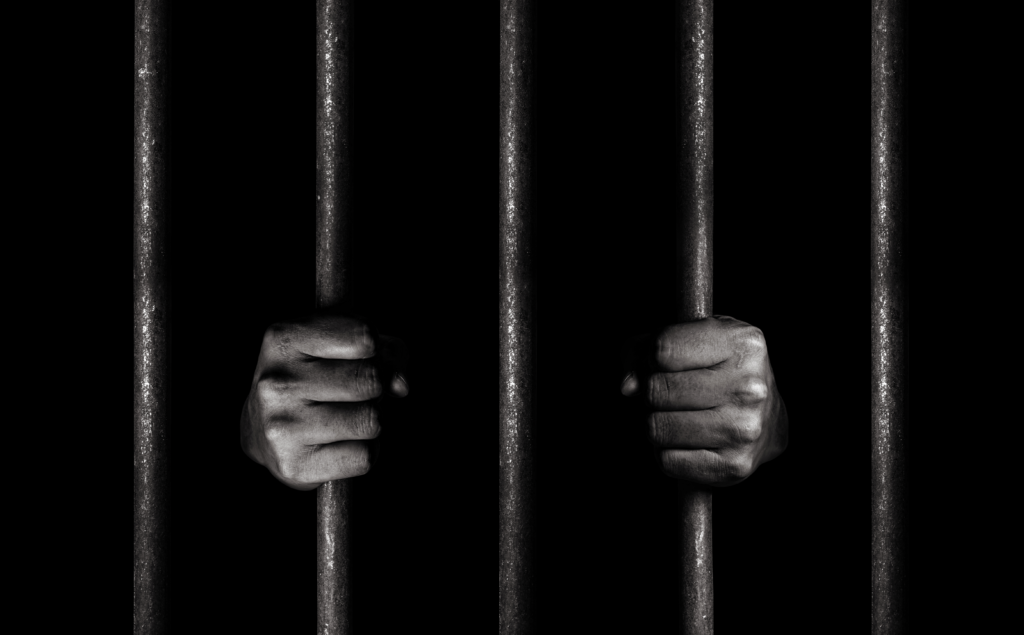
Wrongful convictions are a devastating reminder of the flaws in the justice system. Despite advancements in forensic science and legal procedures, innocent people still find themselves behind bars for crimes they did not commit. These errors often stem from faulty eyewitness testimony, coerced confessions, or misconduct during investigations. Here are four shocking cases of wrongful convictions that occurred after the year 2000, each highlighting the need for ongoing reform to ensure justice for all.
1. Ryan Ferguson (Missouri, 2001)
In 2001, a sports editor named Kent Heitholt was murdered in Columbia, Missouri. Two years later, Ryan Ferguson was arrested for the crime based on a tip from a high school acquaintance, Charles Erickson. Erickson, under police pressure, confessed to the murder and implicated Ferguson, despite having no memory of the event. Ferguson was convicted in 2005 and sentenced to 40 years in prison.
In 2013, Ferguson’s conviction was overturned after witnesses admitted they were pressured to testify falsely. There was no physical evidence tying Ferguson to the crime. After spending nearly a decade behind bars, he was exonerated. His case drew national attention and sparked discussions about the dangers of coerced testimonies and flawed investigations.
2. Amanda Knox (Italy, 2007)
Amanda Knox, an American exchange student in Perugia, Italy, was accused of murdering her roommate, Meredith Kercher, in 2007. Knox and her boyfriend, Raffaele Sollecito, were arrested and convicted based on circumstantial evidence, a coerced confession, and questionable forensic methods. The case captivated the world and was marred by sensational media coverage that painted Knox in a negative light.
After spending four years in an Italian prison, Knox’s conviction was overturned in 2011 due to a lack of evidence and mishandling of DNA analysis. While she was briefly convicted again in a retrial, the Italian Supreme Court fully exonerated her in 2015. Her case highlighted the impact of media bias and the importance of due process in international legal systems.
3. Anthony Wright (Pennsylvania, 1991 Arrest; Exonerated 2016)
Anthony Wright spent 25 years in prison for a brutal 1991 murder he didn’t commit, even though his conviction relied on a coerced confession and flimsy evidence. In 2014, DNA testing revealed that the crime was actually committed by another man with a history of violence. Despite this evidence, Wright faced a retrial in 2016.
In the retrial, his defense demonstrated that police had forced Wright to confess and that the forensic evidence pointed elsewhere. The jury quickly found him not guilty, finally setting him free. Wright’s case shows how, even with DNA advancements, the justice system can be slow to correct its errors.
4. Kristine Bunch (Indiana, 1995 Arrest; Exonerated 2012)
Kristine Bunch was convicted in 1996 for starting a fire that killed her 3-year-old son in Decatur County, Indiana. Prosecutors argued that she deliberately set the fire, citing questionable arson science as evidence. Bunch was sentenced to 60 years in prison, maintaining her innocence the entire time.
After spending 16 years behind bars, Bunch’s conviction was overturned in 2012. Experts found that the fire was accidental, not arson and that prosecutors had withheld key evidence supporting her innocence. Bunch’s story is a sobering example of how outdated forensic methods can destroy lives and underscores the need for scientific rigor in criminal cases.
These cases of wrongful convictions reveal the deep flaws that still exist in the justice system. They serve as powerful reminders of the devastating consequences of errors, from lost years to shattered families. By learning from these injustices, society can work towards a system that truly protects the innocent and holds the guilty accountable. Aranda Law Firm in El Paso is here to fight for you no matter what. Call (915) 996-9914 today to learn more about how we can assist you.
